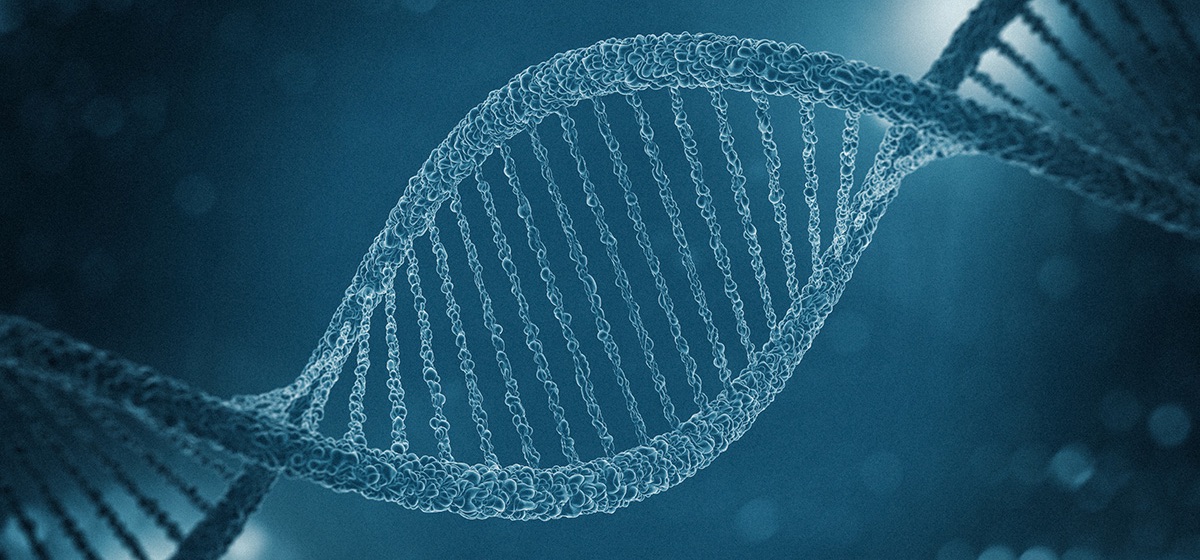| DEALFLOWUPDATE Issue #30. Friday, April 19 |
Hello Everyone, For this edition of the Zoic newsletter, we’ll be going through a variety of deals and the device regulatory process. These will be deals that we would be interested in, as well as adjacent spaces. We will also, interestingly, cover the FDA and some of its efforts to keep pace with the new wave of innovations, especially in devices. -Neal If this is your first issue, please subscribe and consider sharing with others. Additionally, we welcome news from our readers, if you’re up to something interesting, let us know. Email chad@zoiccapital.com |
 Dealflow The FDA and the new wave of incoming diagnostics New materials can be used for a variety of medical device applications, including vascular stents. Of particular interest are a new method of constructing new or existing formulations. Electrospinning materials are quite promising, as some methods have shown to actually make synthetic materials behave like biological materials. This could make synthetic compounds, which are easier to make and more consistent, have less immune response and yet also be biocompatible, even biodegradable. For example, new electrospun material is used for stents. Such methods are also intriguing such as if the material used is already in an existing, approved device, then it is quite possible that, despite the spinning method, the new device can go through a faster regulatory approval. Yet another application and study have shown the potential benefits of nerve stimulation. Peripheral nerve stimulation has shown several benefits, from decreasing pain, to even helping with internal organ functions. For example, nerve stimulation can help with wound and joint recovery as well as the movement of the intestinal tract. Furthermore, as shown in previous examples, stimulation can occur through non-invasive means, making it viable for continuous use at home. In diagnostics news, liquid biopsies continue to gain acceptance and approval, especially in economic areas. The most important barrier for such tests to overcome are not just regulatory, but for reimbursement. Once these technologies start to be covered by insurance, then their true potential in early detection and screening for various conditions can be realized. Recent approval for a specific liquid biopsy test can hopefully mean this can be used as a precedent for additional tests. Even though we normally do not invest in purely software-based startups, the use of AI is still a critical component in most of our deals. Machine learning is usually used in our type of deals to enhance and process the output from unique hardware. AI itself, though, is still incredibly useful and can change diagnostics for the better. Recent regulatory approvals have grown for such tools, and a recent case was even assigned breakthrough status, accelerating its approval even further. Finally, we cover not a specific deal but an important classification in the regulatory approval process. The FDA is often a partner in developing new technologies and is not a barrier as sometimes perceived. The regulatory body has a relatively new classification, de novo, that allows novel medical devices to go through a faster path than before. This is important in bringing in new methods of action and innovation to market in a timely manner. This is a classification still in process, though, and is still subject to change. For example, the manufacturing process behind these new devices is just as important as the clinical claims, and a new requirement by the FDA for pre-inspection before granting de novo status is under evaluation. This may require some changes to existing processes, but should not significantly change approval times. Spotlight #ZoicNews  TiE Seattle & UW Institute of Protein Design Innovation event highlighting how synthetic proteins can address modern challenges in medicine, energy, and technology May 2, 2019 5:00 PM – 7:30 PM Location:Genome Sciences: William H. Foege Hall Auditorium Rm. S060 3720 15th Avenue NE, Seattle, WA 98105 Overview Are you interested in learning about the biggest advances in life sciences? Are you interested in learning how software is being used to design brand new biomolecules? How about getting inspiration for that refreshingly new idea for the next startup? TiE Seattle, in association with University of Washington’s Institute of Protein Design, invites you to an innovation event highlighting how synthetic proteins, designed from scratch on a computer, can address modern challenges in medicine, energy, and technology. Natural proteins evolved over millions of years to solve the most complex challenges on Earth. However, we face new and pressing challenges today. Protein design requires high-level expertise in computing and software, biochemistry, genome sciences, biological structure, pharmacology, immunology, and other basic science disciplines, as well as clinical medicine. Please join us as we highlight the world-leading innovation coming out of the University of Washington’s, Institute of Protein Design.  Professor David Baker, Director of the Institute of Protein Design, will be speaking along with other researchers. Those interested in learning more will have the opportunity to sign up for a tour of the Institute. Please visit the event homepage for additional information. Podcast #ICYMI  A new episode of the Market Meditations Podcast with Chris Haydel and Neal Mody. “A Finance Market Tale Told Through Four Tragedies”. Listen in on iTunes, Google Play Music, or Soundcloud. What We’re Reading ECONOMIST Tech’s new stars have it all—except a path to high profits PITCHBOOK Zoom’s valuation jumps 9x in overlooked IPO [datagraphic] CISION U.S. Venture Capital Industry Starts Strong in 2019 Following Record-Breaking Year NYT The Scary Shortage of Infectious-Disease Doctors Connect With Zoic Capital |
| The Biweekly Dealflow Update, curated by the team at Zoic Capital. |

Blog
The FDA and the New Wave of Incoming Diagnostics
© 2026 Zoic Capital.
Close Menu
Contact Us
113 Cherry St.
PMB 2981
Seattle, WA 98104-2205
E: hello [at] zoiccapital.com

